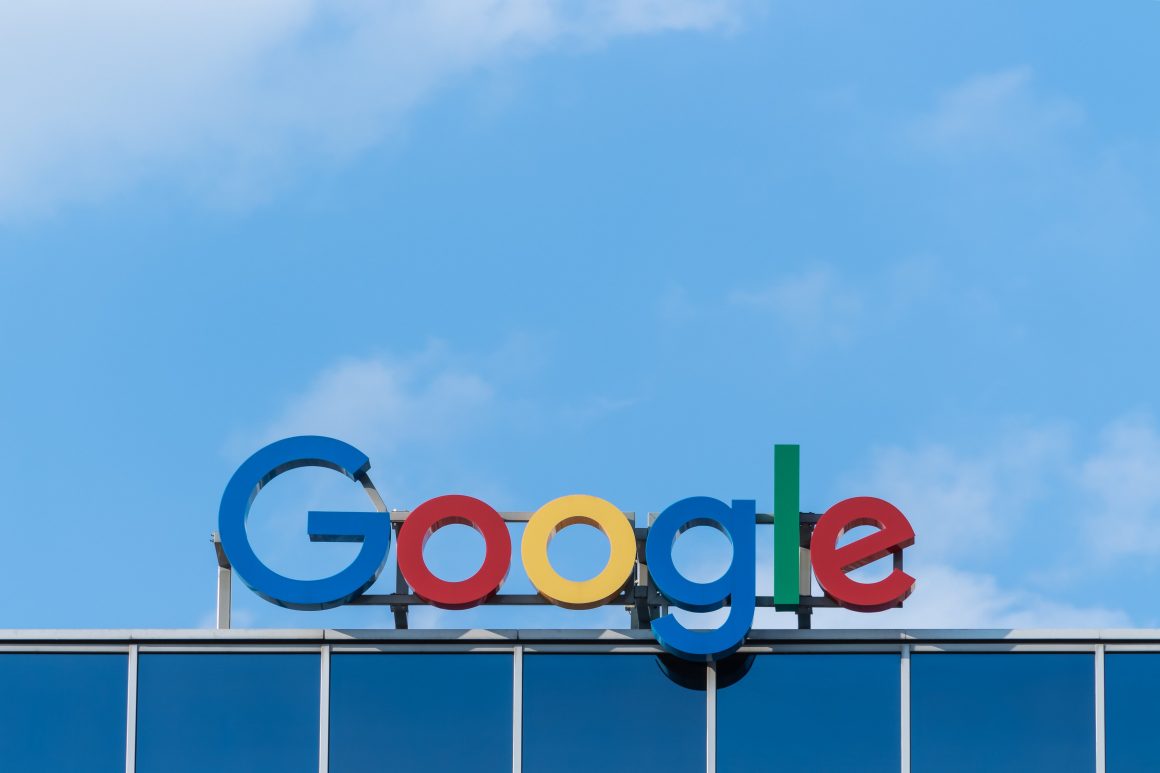ChatGPT became a global phenomenon shortly after it was rolled out to the public.
Google has announced it will make its own chatbot technology available to the general public in “the coming weeks and months” following the success of ChatGPT.
CEO of Google-owned Alphabet Sundar Pichai announced “very soon people will be able to interact directly with our newest, most powerful language models as a companion to Search in experimental and innovative ways.”
This past week, CNBC reported that Google had started testing Apprentice Bard, a LaMDA-based AI chatbot that is similar to ChatGPT. According to an invite sent to The Verge, is hosting a major event on February 8, with experts guessing it could be to unveil the new technology.
LaMDA gained notoriety last year after Google first suspended, then fired an engineer for publicly asserting that LaMDA was “sentient.” LaMDA stands for language model for dialogue applications.
Notably, Google called Blake Lemoine’s claims about LaMDA “wholly unfounded.”
The announcement comes after Microsoft-backed artificial intelligence chatbot ChatGPT became a global phenomenon after it was made available free of charge to the public.
How does it work?
Large language models, like LaMDA and the neural network that powers ChatGPT, are fed enormous amounts of text in order to be taught how to construct plausible sentences.
Neural networks are computer simulations of the brain’s underlying structure. After being used to create a variety of content, including school essays and job applications, ChatGPT has gained popularity.
Pichai stated that the rollout would include integrating chatbot technology into Google.
“Very soon, people will be able to interact directly with our newest, most powerful language models as a companion to search in experimental and innovative ways,” he said.
As part of an “AI Test Kitchen” last year, Google made a set of LaMDA demos accessible to small groups.
He also praised DeepMind, an AI division of Alphabet based in the UK, stating that its database of “all 200m proteins known to science have been used by 1 million biologists around the world.”
The San Francisco-based company OpenAI’s ChatGPT, according to analysts, has reached 100 million users since its launch on November 30.
Analysts at the investment bank UBS described the growth as unprecedented, writing that after 20 years of following the internet space, “we cannot recall a faster ramp in a consumer internet app.”
One of OpenAI’s financial backers, Microsoft, is incorporating ChatGPT into its products and has already released a premium edition of its Teams communications product that includes AI-powered extras like automatically generated meeting notes.
Additionally, it is anticipated that Microsoft will use OpenAI’s AI models in its Bing search engine.
An example of generative AI is ChatGPT, a system that can generate content from a brief text prompt after being trained on massive amounts of text and image data.
Dall-E is an image generator powered by AI that was also created by OpenAI.
With the launch of ChatGPT, OpenAI, according to University of Oxford computer science professor Michael Wooldridge, “put a firework” under major tech firms.
“They achieved that with a fraction of the number of employees of big tech companies, which must have caused consternation in Silicon Valley boardrooms,” he told The Guardian.
“My guess is we’ll see a massive pivot in other big tech companies towards large language models and generative AI – and a frantic rush to get products to market and secure a user base.”
